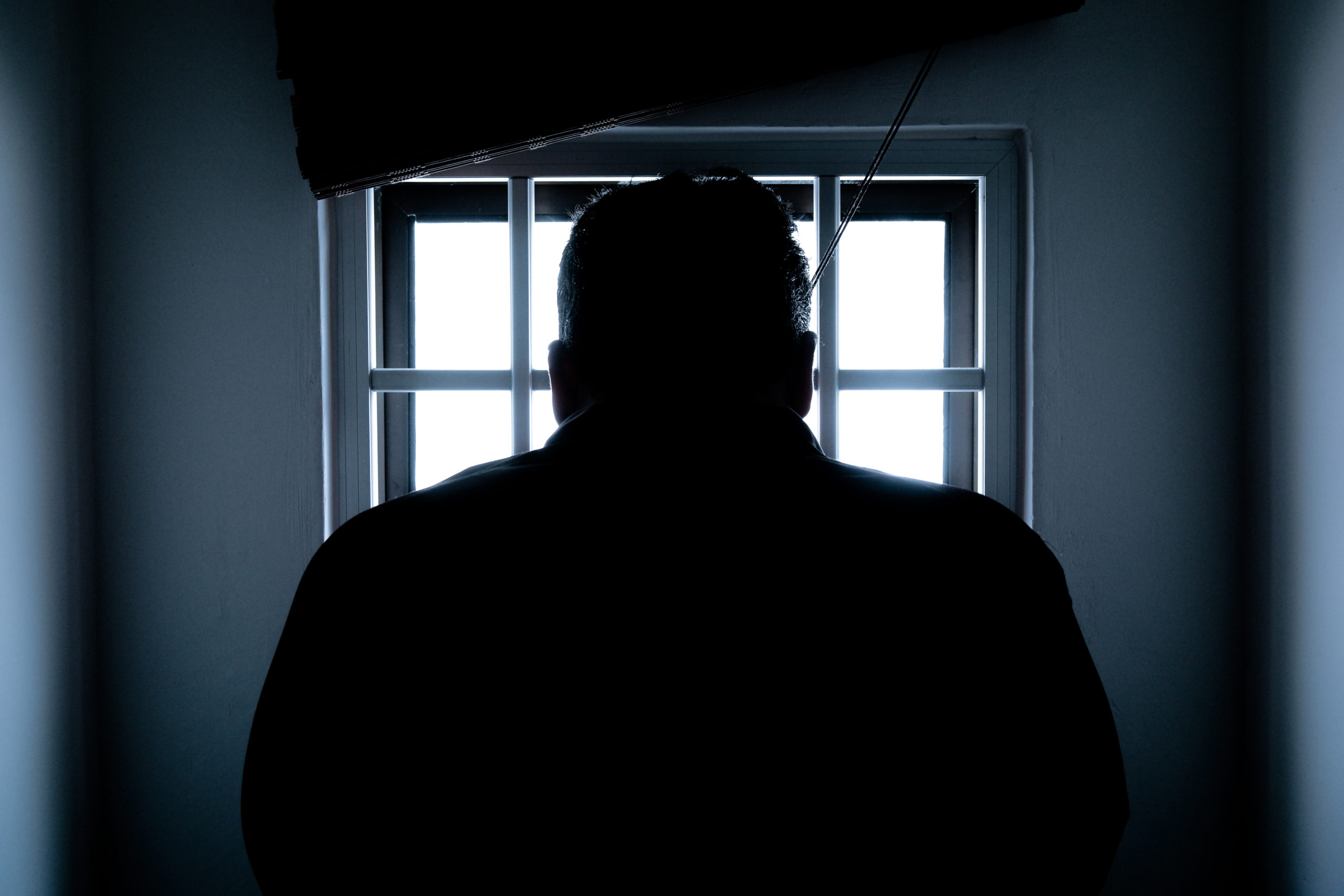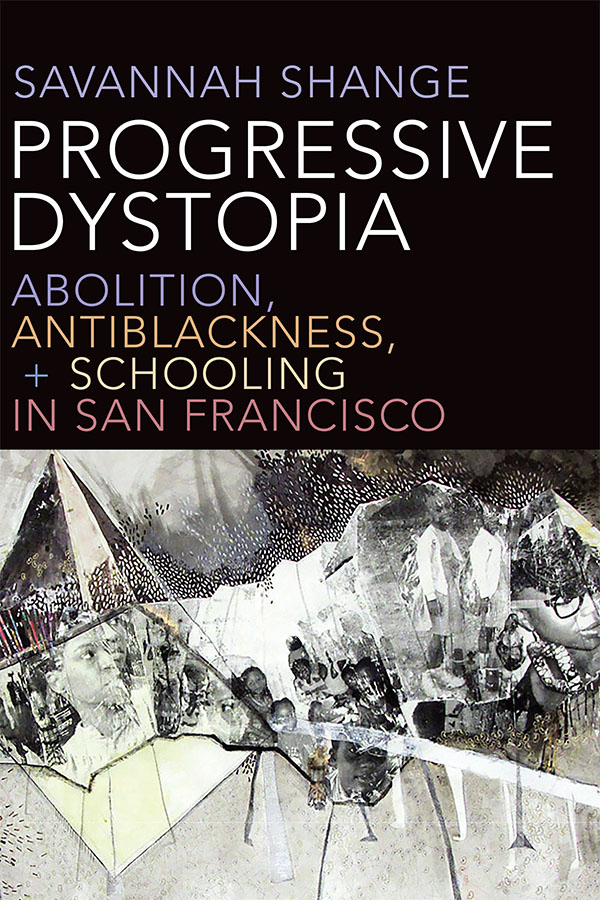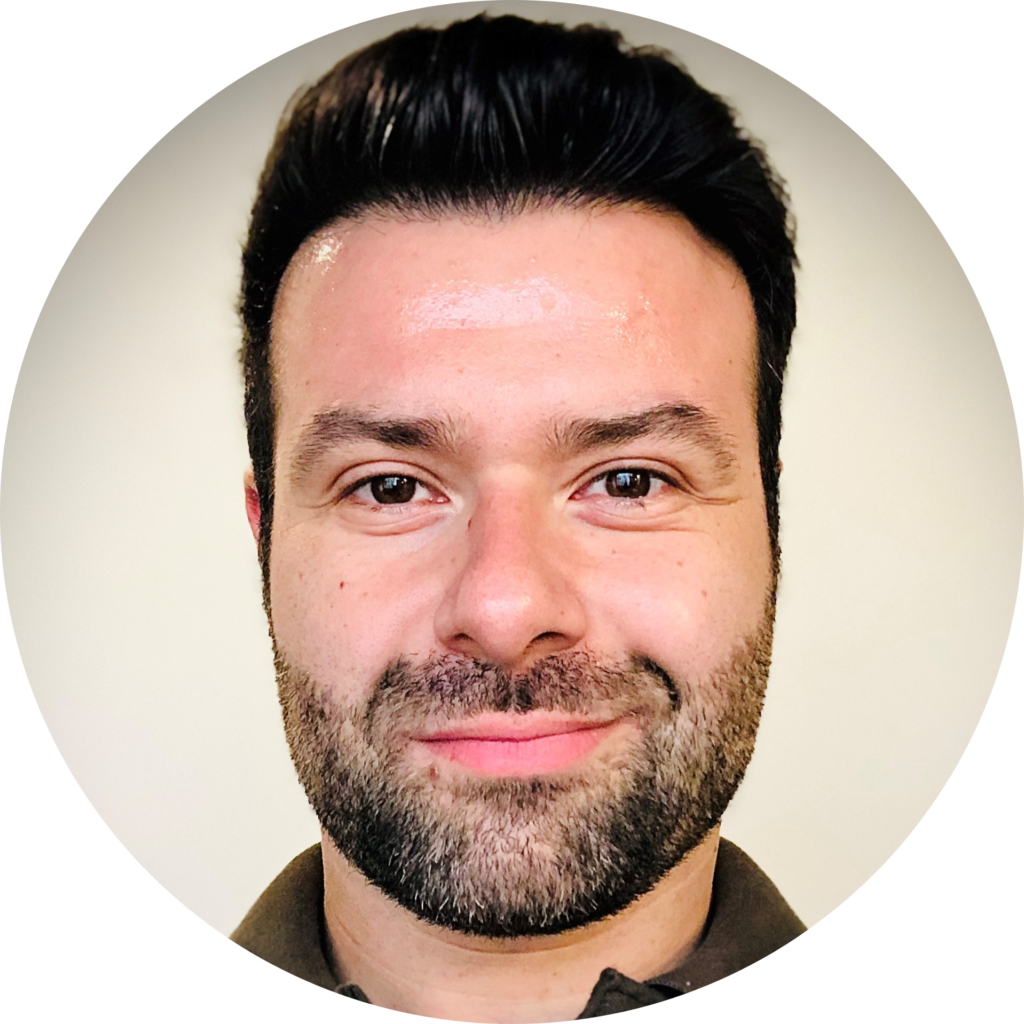
COVID-19 Addendum:
Experiments in Decarceration and the Courage to Rethink Commitments
Mauricio Najarro
Photo by Donald Tong on Pexels
This article is part of our “Reflecting on COVID-19” series.
If you’d like to check out other articles in this series, click here.
In recent weeks, scholars, organizers, and healthcare providers have reflected on the impact of COVID-19 on all of our lives. Social scientists and practitioners have put together online collaborations such as Medical Anthropology Weekly: COVID-19, written blog posts on disaster capitalism and carcerality, and hosted webinars such as the three-part Structural Competency & COVID-19 series. Abolition: A Journal of Insurgent Politics has posted a political education resource curated by the California Coalition for Women Prisoners (CCWP) entitled Care not Cages! #COVID19DecarcerateSyllabus, and the ASA 2020 Freedom Course entitled “Mutual Aid” is a People’s Movement has lifted up the work of those committed to offering viable and ethical alternatives to the disempowering and exploitative model of service provision preferred by philanthrocapitalists, efficiency consultants, and other opportunists seeking to privatize social welfare, determine fiscal priorities, and extract well-timed profit from suffering, pandemics, and disasters.
As various state, local, and national governments weigh the risks to all and benefits to some of “reopening” economies, relaxing lockdowns, and normalizing the pandemic, it is clear that some in the US, UK, and India are eager to make the most of the crisis by implementing policies that exacerbate inequality, thereby expanding the scope and powers of what Ruth Wilson Gilmore calls the “anti-state state,” a state that undermines institutions of social welfare and outsources post-crisis economic recovery to the parasitic symbiosis of government and private enterprise. Gilmore’s reflections on the current pandemic and her account of a much longer movement for justice can be found in a critically important conversation with Naomi Murakawa on “Covid-19, Decarceration, and Abolition.”
What is needed in the present moment is, therefore, the courage to listen and attend to what is happening now all around us. We must, I believe, rethink our collective commitments to each other and notice how different groups of people are already acting to organize solidarity and economic sovereignty, in other words, to build and sustain, what Gilmore calls a “pro-state state” capable of acting to meet the needs of the people. The pandemic, like other moments of crisis, is an opportunity. And it is our obligation to make sure that opportunity is ours rather than one that belongs to the people who got us where we are today.
We must, I believe, rethink our collective commitments to each other and notice how different groups of people are already acting to organize solidarity and economic sovereignty…
In a recent online conference, “Covid 19 and Incarceration: What is Happening/What are the Key Questions/What Is to Be Done?”, Dr. Terry Kupers observes that what we are witnessing in the United States, along with other countries, is an experiment in decarceration.1This discussion in the online conference begins at 56:25 in the linked video. Kupers notes that perhaps more than ever before people are recognizing that a jail or prison is by its very nature always antithetical to public health. And such a realization becomes undeniable during a pandemic. Various jurisdictions have recognized the need to release as many imprisoned people as possible, provide material support and resources in the form of housing and healthcare in, for instance, vacant hotel rooms, and refuse to replace imprisonment with electronic surveillance and monitoring. And even now, abolitionists are working to dismantle the carceral state by closing prisons and jails without building new ones. For the last seven years, a broad coalition of organizers and advocates worked to ensure a people’s victory for abolition in San Francisco by giving testimony, mobilizing, and lobbying tirelessly. In May 2020, the San Francisco Board of Supervisors passed an ordinance by a ten to one vote to permanently close a city jail by November 1st, 2020, — without out-of-county transfers or jail expansion. The No New SF Jail Coalition will build on this victory by organizing and hosting the Abolition In Action: #ShutDown850 Series, an online community workshop consisting of political education and skill-share events each month starting on Sunday, May 24th, 2020. The UCLA Prison Law and Policy Program has launched the UCLA Covid-19 Behind Bars Data Project to “track Covid-19 conditions in jails and prisons and the efforts — both in and out of court — to decrease jail and prison populations” and the Center on the Administration of Criminal Law at NYU Law has assembled an invaluable working document that “catalogues the legal authority to grant reprieves in all fifty states” so that people know who to pressure into granting relief (pardons, commutations, or temporary reprieves) to imprisoned people in order to mitigate the impact of the virus on the vulnerable populations inside jails and prisons or involved with the justice system. Prison Policy Initiative has produced a series of briefings on the relationship of COVID-19 and the US justice system, including rationale and practical steps taken by jails and prisons across the country to release large numbers of people from prisons and jails, reduce admissions, reduce or eliminate unnecessary face-to-face contact for people on parole and probation, and eliminate medical co-pays for imprisoned people as well as suggestions for criminal justice officials and elected leaders to mitigate their continued complicity in the spread of the disease.
Some people have been willing to rethink their commitment to prisons, policing, and surveillance as a solution to the urgent social problems we face. Because of their courage and the pressure that good people have continued to place on elected officials, we are already witnessing folks returning to the community without an increase in crime rates that so many promised would occur if people were not kept in cages. But this is not enough. We also need to consider the conditions, as Gilmore argues, that brought us to the point where “organized abandonment” (austerity) and “organized violence” (criminalization, policing, prisons, detention, and deportation) became acceptable answers to serious social problems. Citing the work of Édouard Louis, Gilmore notes that addressing these conditions is the work of abolition which consists of “trying in every possible way to find a way to a politics … that really are grounded in the struggle over life and death.”2This discussion appears in the linked video at 6:36.

Such a politics would refuse an easy or symbolic progressivism committed to a bureaucratic rationality of civility — which often masks a profound and unacknowledged antiblackness as Savannah Shange writes in her recent book Progressive Dystopia: Abolition, Antiblackness, + Schooling in San Francisco. Such a politics would compel us to ask the following questions: Who has been harmed and why? What did the perpetrator of harm need, and when did they need it? Knowing our neighbors and lifting up efforts to build new social institutions of mutual aid also means making room for new conversations about harm and repair to occur outside the extractive punitive framework of the current “justice” system that so many people have been taught to use to solve urgent social problems including, for instance, violence against women.
An abolitionist praxis calls for a reimagining of the world. Such reimagining might benefit, as Joshua Dubler and Vincent Lloyd argue, from the “tremendous resources” of “religious languages, stories, and rituals.” Living out new commitments means revisiting old ones in light of our experiences and desires and seeking inspiration in unexpected places.
I am inspired by the words of Catholic public intellectuals such as Miguel H. Díaz, who invites readers to consider how physical distancing enables new forms of social solidarity, care, and acompañamiento, and Ramón Luzárraga, who offers a reflection on the ethics of vaccination consonant with a consistent practice of an ethic of life. I am also inspired by religious leaders, namely Giani Harpreet Singh, Acting Jathedar of Sri Akal Takht Sahib, who in his online address to the Sikh community argues that the forms of nationalism prevalent across the world today are not adequate to the task of solving the problems we must confront if we are to survive.
I write this addendum from northern India, where I am conducting fieldwork on de-addiction and recovery between science and religion via Zoom meetings and phone calls, following both local and global developments, and thinking carefully about the demands of the day and the possible futures we must build together. If, as Arundhati Roy writes, the pandemic is a portal between one world and the next, I hope we have the strength to listen to each other, attend to the changes occurring all around us, and live out new commitments that affirm and enact our deepest convictions. ♦

Mauricio Najarro is a PhD Candidate in the Joint UC Berkeley-UCSF Medical Anthropology program with a Designated Emphasis in Science & Technology Studies and holds a PhD in Theological and Religious Studies with an Emphasis in Christian Spirituality from the Graduate Theological Union. His current research is on de-addiction and recovery during a global pandemic in the borderlands of Indian Punjab.
Recommended Citation
Najarro, Mauricio. “COVID-19 Addendum: Experiments in Decarceration and the Courage to Rethink Commitments.” Canopy Forum, May 28, 2020. https://canopyforum.org/2020/05/28/covid-19-addendum-experiments-in-decarceration-and-the-courage-to-rethink-commitments/

